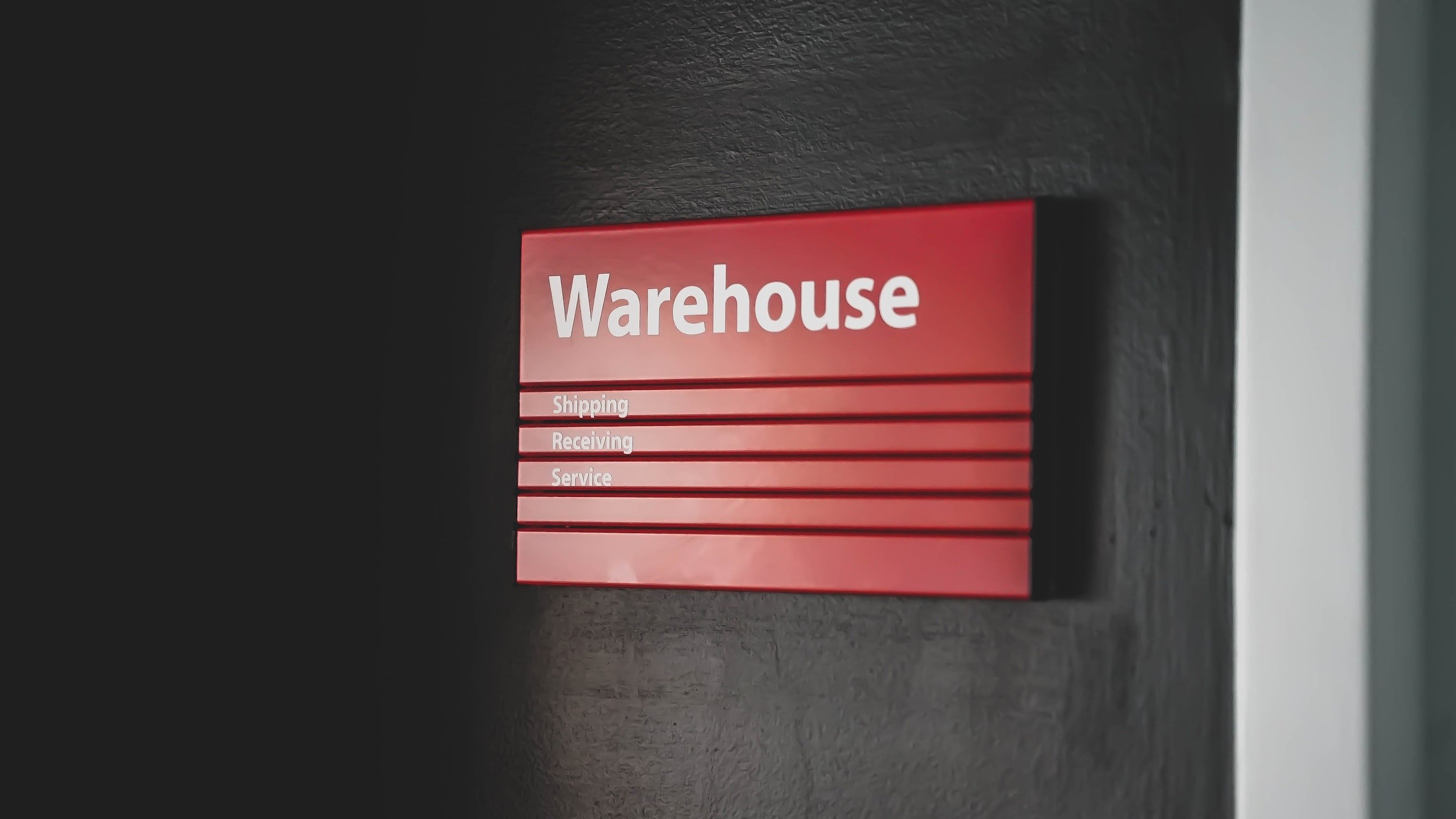Owner Operators: Here's What to Look For in a Freight Broker
/a magnifying glass against a light blue background
As an owner operator in the trucking business, your success depends on a lot of factors. If you're looking for freight brokers, one of those factors is finding the right one.
There are plenty of benefits in working with freight brokers for owner operators, including spending less time cold calling and searching for your own freight on load boards.
Still, owner operators shouldn't settle for any freight broker. You'll want to search for the best freight brokers that can help you meet your business goals.
Here's a guide to help you in your search. Below are some of the most important traits to look for in freight brokers for owner operators.
The Best Freight Brokers for Owner Operators are Reliable and Reputable
an analog clock on a white wall
When looking for a freight broker, reliability is crucial, so search for freight brokers that have an excellent reputation in the trucking industry. Look for reviews from owner operators, truckers, and other customers that work with logistics companies.
When you have a reliable freight broker, you can count on more loads, better loads, and operations that minimize hassle.
Freight Brokers Should Always Use Transparency with Owner Operators
Transparency matters in every industry, but in the trucking business, it's vital. Choose a freight broker that always provides transparent communication.
For example, the best freight brokers are always detailed and transparent when it comes to fees, rates, and payment terms. With transparent freight brokers, owner operators can make informed decisions.
Good Freight Brokers Can Help Owner Operators Find Diverse Loads
close-up view of tomatoes
We’ve discussed some of the most common challenges that owner operators face in the trucking industry. Some of the biggest challenges come from finding the right loads.
When owner operators partner with freight brokers, they should choose brokers that partner with a diverse range of shippers.
This load diversity can help you in two ways. First, of course, it'll allow you to find the best loads for your owner operator business, and it can help you keep your trucks on the road.
Second, it gives you a sign that you're working with a quality logistics company. A variety of truck loads means a variety of clients, which means that many companies want to do business with your broker.
Good Brokers Provide Excellent Customer Support
a laptop in the background, and a headset with a microphone in the foreground
Good customer support is essential in the trucking business, whether you're an owner operator, company driver, or play any other role in the industry.
With effective support, you can overcome challenges and maintain smooth operations as you book loads and haul them to their destination.
Look For Brokers with Plenty of Industry Experience
a black and white image of a truck and trailer with mountains in the background
Experience matters, especially in logistics and trucking. Look for a logistics provider who understands the ins and outs of the industry. The most experienced brokers won't just find loads. They'll also offer valuable insight, which can help you optimize your business strategies and navigate the ups and downs of the freight market.
Keep Your Owner Operator Business Moving
Choosing the right freight broker is a crucial decision for your owner operator business. All of the traits above can impact your success, including your profit margins, relationship with carriers, and access to the best loads.
At Pearce Worldwide, we connect owner operators with the shippers who are eager to work with them. We stay committed to transparency, reliability, and going above and beyond for our clients.
Ready to get started? Have more questions about our truck brokerage? Get in touch with us today.



























































































